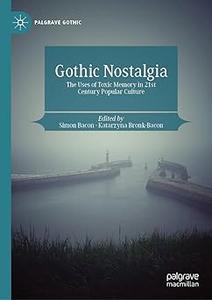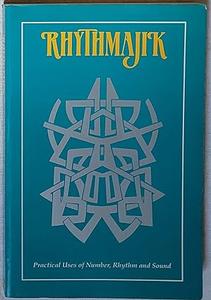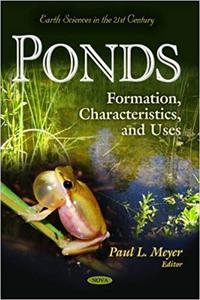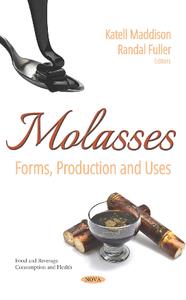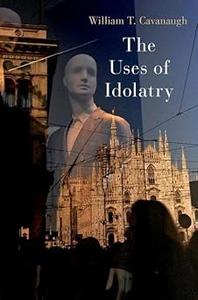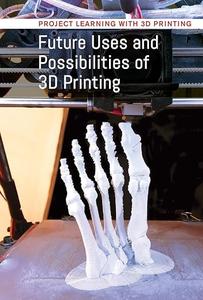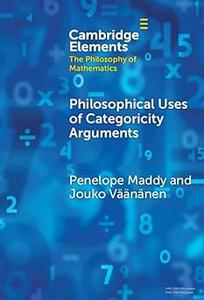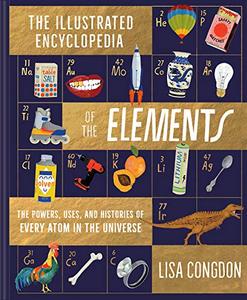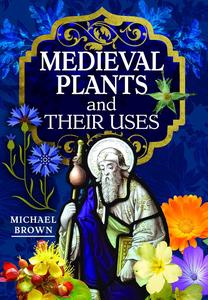 Free Download Medieval Plants and their Uses by Michael L. Brown
Free Download Medieval Plants and their Uses by Michael L. Brown
English | December 2, 2022 | ISBN: 1526794586 | True EPUB/PDF | 184 pages | 36.7/115 MB
Plants were an essential part of medieval life. Most people lived in houses made of wood and thatch, which often accidentally burned down when they cooked their food or huddled over wood fires to keep warm. People wore linen clothing dyed with plants. They drank ale, cider and wine as they danced to music played on wooden instruments. Beauty, love and seduction could all be made easier with a few herbal preparations. If you became ill, plants provided many of the cures. The unwary may have mistaken a poisonous plant for one that was good to eat, with fatal consequence. Others may have used the poisonous plant to remove an unwanted rival. Some plants had magical properties. The mysterious mandrake could kill anybody who tried to dig it up without taking the appropriate precautions. Demons could be summoned or dismissed by the aid of plants. The church used powerful incense to clean the air and induce a sense of religious euphoria.
(more…)
